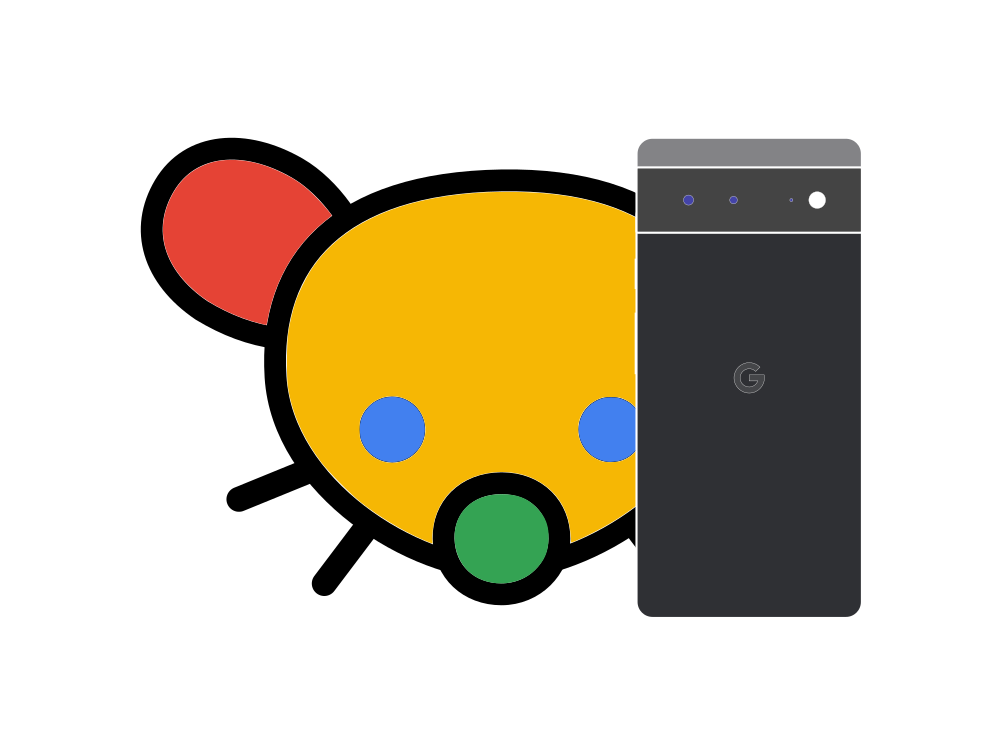

Yeah, I enjoy it a lot. I also play Hogwarts Legacy and Disco Elysium on Steam Deck. And sometimes Lego Fortnite with my friends. I have yet to convince my friends to play something other than Fortnite or Minecraft.


Yeah, I enjoy it a lot. I also play Hogwarts Legacy and Disco Elysium on Steam Deck. And sometimes Lego Fortnite with my friends. I have yet to convince my friends to play something other than Fortnite or Minecraft.


I am still working through Tears of The Kingdom. I bought it at launch, but I don’t play very often. The size of this game is wild - I finished Breath of the Wild in 70 hours, and now I am 65 hours in ToTK and still have like 70% of the game left.


Yes! I’m also playing Disco Elysium right now and it’s amazing.


At least (according to them) they want to Get to a point where you can reach into a kitchen drawer and be able to replace your Screen.


I tried Filelight with my phone connected through KDE Connect and I can confirm that it works!


Or Logseq is a great Obsidian alternative with no account needed and apps for Linux and Android. You can sync it with Syncthing.


But you can’t forget that your children can save the planet, if your generation won’t.


There is one big reason why they would care - antitrust and EU regulation protection. They have no intention to destroy the platform Rather they want to please the regulators as they are leveraging the open standards. The EEE strategy is a conspiracy theory. Government regulations are the most probable reason for this change.


If something killed XMPP for me - it was Matrix. On open source replacement that is not only more popular, but has more active development and it’s easier to use. No big company required. And since XMPP is still alive for its niche user base and EU is probably the reason for Threads federation - I don’t think this is the right hill to die on.
It’s apparently independent again - announced in July 2023. here’s the announcement
I use Feeder. Minimal, but has everything I need (feed groups, bookmarks, offline downloads). Open source with no ads or tracking from Play Store or F-Droid.
Pixel 7 works perfectly for me. I like nearly all aspects of it. The camera is extremely good (I’ve recently made a comparison with iPhone 14 Pro Max and iPhone was far worse) and reliable. The battery life and performance is good. The phone feels smooth, without a lot of bugs. I don’t have a recent experience with Samsung, but I will stick with Pixel going forward.


Rain has a really good design and Open-Meteo API.


This is what Claude2 (with 100K context window) has to say about your comment, after I supplied him with the entire proposal of the regulation: Based on my understanding of the Cyber Resilience Act, I don’t think that assessment is entirely accurate. The key factor is whether the open source software is placed on the market in the course of commercial activity, not the employment status of individual contributors.
The regulation explicitly excludes open source software developed or supplied outside of commercial activity. As I mentioned before, this means pure community-driven projects where the software is freely shared and open should not fall under the requirements.
It does not matter if some contributors are corporate employees, as long as they contribute to a non-commercial community project in their personal capacity. For example, if a developer who works for Company X contributes code to Project Y in their free time, that alone would not make Project Y commercial.
The regulation would likely apply if a company systematically develops open source software as part of their business model. But just having corporate contributors among many community members would not automatically trigger the rules.
Overall, I think the regulation aims to avoid putting burdens on pure community open source projects, as long as the software is not placed on the market commercially. But the details of implementation will be important to watch to ensure a proper balance is struck.
I am on lemmy.zip and had no problems so far. I really don’t have anything more to say.


Cassia - new app from Skyline devs for running Windows games on Android
Element X - complete rewrite of the Element messenger with new backend, design and feature
+1 for Repainter. I bought it when it didn’t use a subscription yet. It’s really great for theming your device!
If you want just a good file manager with the FTP server option - I use Material Files, which is free and open source app. here’s the link
Or with Neo Store. It has a really nice material 3 design. I would recommend it, although it’s quite buggy for me.
It won’t automatically suggest the right logins in your keyboard. There will be a chip with “Unlock your vault” or something like that.